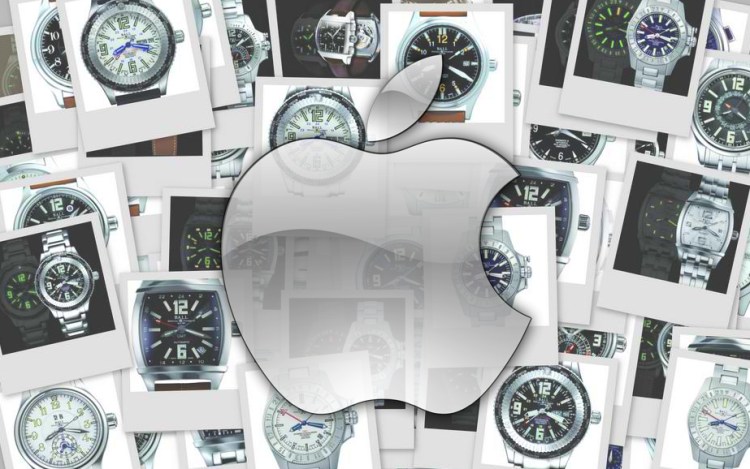The Swiss have a proud history in watchmaking and have in the past been a bit smug on the subject of smartwatches. But, we believe, there’s also a good bit of fear tucked somewhere deep inside the smug.
The Swiss, facing tough economic conditions and the debut of the Apple Watch, are having a difficult time defining their place in a world fascinated by smartwatches.
Case in point is Tag Heuer, a major Swiss watchmaker now working on a smartwatch for which much of the technology will be made in Silicon Valley. Exec Jean-Claude Biver, who leads LVMH’s Tag Heuer, Zenith, and Hublot brands, told Bloomberg that components for the watch — like the GPS chips and processors — will have to come from Silicon Valley companies because Swiss suppliers lack the expertise to make them.
In fact, Biver told Bloomberg that he has divided up his group’s research and development team so that half of its engineers work on the traditional watch parts like the case, dials, and crown, while the other half work with external smartwatch hardware and software suppliers.
The Swiss’s attitudes toward the advent of the smartwatch have evolved quite a lot in a short period of time. When the Apple Watch was introduced in September, Biver had this to say about the biggest smartwatch to come out of Silicon Valley yet:
“This watch has no sex appeal. It’s too feminine and looks too much like the smartwatches already on the market,” Biver told Die Welt. “To be totally honest, it looks like it was designed by a student in their first trimester,” he said. Ouch. The crow had flown.
But, as Tag Heuer and Swatch Group stocks have plummeted about 20 percent already in 2015, Biver, at least, seems to have changed his tune.
“It’s a fantastic product, an incredible achievement,” he said in a Bloomberg interview published yesterday. “I’m not just living in the tradition and culture and the past, I also want to be connected to the future. The Apple Watch connects me to the future. My watch connects me to history, to eternity.”
Crow consumed.
Swatch Group — the world’s largest timepiece maker — originally had a similar, negative response to the Apple Watch. The group’s CEO, Nick Hayek, told the Swiss media that the group was “not nervous” about the new watch. I’d wager he’s not feeling quite so comfortable with the on-sale date of the Watch fast approaching (most say it will be in March or April).
Whether or not the Swatch Group will depend on Silicon Valley to produce components for its upcoming Swatch Touch smartwatches (due out this summer) is unknown. The group does own at least one Swiss supplier that makes touchscreens for smartwatches. Hayek has been coy about the possibility that his company might be working with Silicon Valley on smartwatch technology.
Let’s point out here that I misreported this summer that Swatch Group was working with Apple on a line of smartwatches, a claim that Hayek himself vigorously denied after seeing the story.
Smartwatches will become a big market, the Swiss know, and they are nothing to be coy about.
Citigroup analysts have predicted that consumers worldwide will be spending about $10 billion a year on smartwatches by 2018, up from just $1.8 billion in 2014. They add that about half of those sales will come from people who are switching from traditional watches to smartwatches.
The Swiss have said many times that they prefer to build smartwatch features into luxury watches slowly, instead of coming out with a product that is more accurately called a tech “gadget.” But as it has in many other industries, Apple may quicken the pace of change in the centuries-old luxury watch industry.
VentureBeat's mission is to be a digital town square for technical decision-makers to gain knowledge about transformative enterprise technology and transact. Learn More

